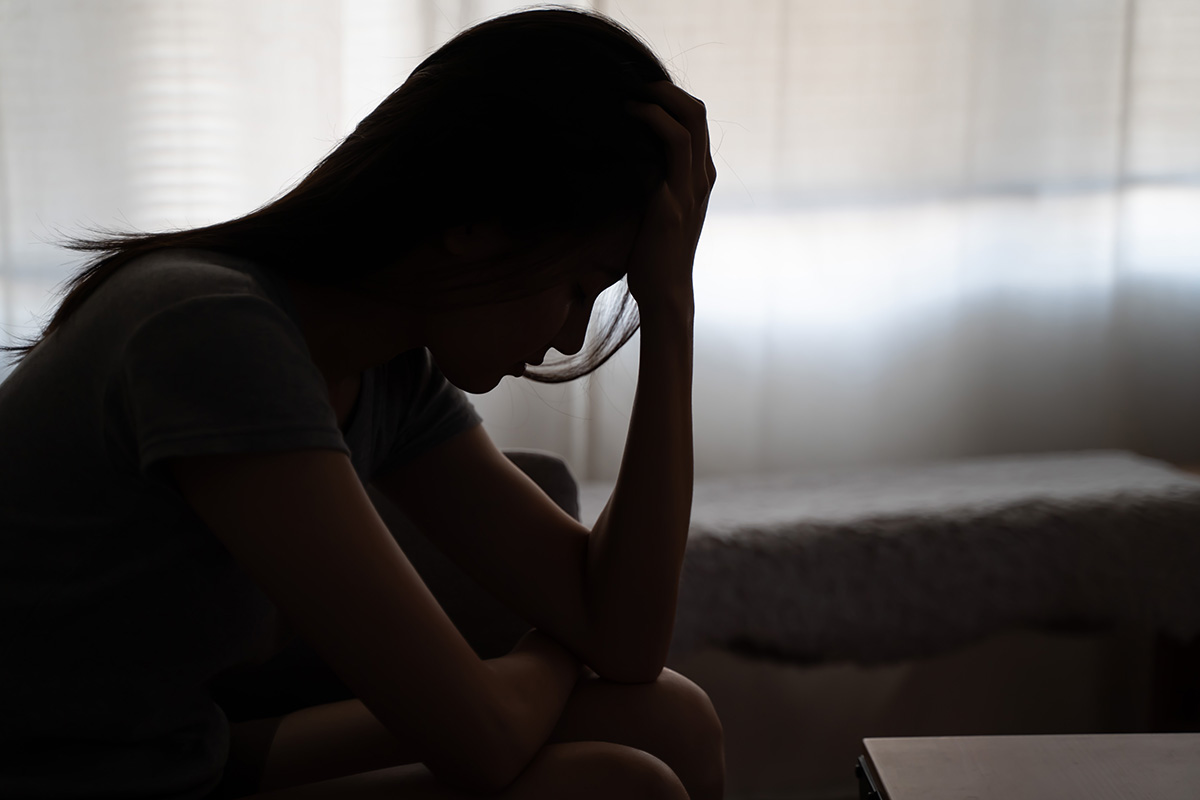If you’ve ever done any activity that has helped you relax, you have probably practiced self-care. Some people think that you need spa days and pampering to practice self-care, but recovery self-care is much simpler and means focusing on what you need most.
Peninsula Health Center is a holistic drug rehab in California. Contact us today to learn more about how self-care can be a critical aspect of recovery.
What is Self-Care?
Self-care is any practice that takes care of your needs emotionally, physically, mentally, or spiritually.
Addiction severely inhibits your ability to practice self-care. If you have struggled with substance abuse, it’s common to experience malnutrition, dehydration, a lack of medical care, and mental health issues. Social interactions, relationships, and financial stability are next to fall by the wayside.
When you start recovery, you’ll find it difficult to thrive if you don’t use self-care practices in recovery. Neglecting self-care always places you at a disadvantage where you are constantly picking up the pieces instead of moving forward.
With addiction, it’s common to disregard your physical health. This means you might compromise your immune system and get sick more often than not. If you’re constantly sick, it can be challenging to have the energy to go to work regularly, take care of yourself, or socialize with others. The longer you let this happen, the more detrimental it is to your mental health.
Tips For Practicing Better Self-Care After Treatment
If you learn to practice recovery self-care, you can pull yourself out of continual survival mode and away from reactivity and anxiety. You can focus on avoiding triggers, stabilizing your mood, improving your self-worth and concentration, and making healthier decisions.
Diet
One of the first steps in recovery self-care is proper nutrition. Paying attention to any cues regarding hunger, sticking to a schedule of regular meals, and consuming healthy foods can fulfill this basic need and teach you to better control your emotions, trust yourself, and make smarter decisions. Without the right diet, you’re more likely to experience irritability and rapid mood swings, which can inhibit your progress during and after treatment.
Sleep
Proper sleep is integral to overcoming addiction and remaining sober. Other self-care practices in recovery include appropriate sleep schedules. If you participate in inpatient programs, you’ll find that your daily schedule has the same time frames for waking up and going to bed. This is an important part of recovery. It teaches you to set goals and helps you improve your mood, performance, motivation, and judgment.
If you are sleep-deprived, it can be harder to manage your cravings and easier to behave in a way that you wouldn’t normally act. Sleep should be an essential part of your self-care routine.
Emotional Stability
Emotional stability comes from a proper diet, but it also comes from recovery self-care practices. Participation in things like mindfulness, meditation, or yoga can teach you to be more comfortable with uncomfortable or distressing emotions. Learning to accept temporary discomfort can help you overcome things like cravings or triggers. The more you practice this level of recovery self-care, the more you can be aware of uncomfortable emotions and constructively process them.
Mental Health
Diet, sleep, and emotional stability all contribute to improved mental health. Other self-care practices in recovery should include group activities and support group participation. Research indicates that recovery self-care can include participation in group therapy and support groups. Self-help groups have improved psychological and social functioning and reduced the risk of relapse.
The more you participate in group activities or support groups, the more you can move away from feelings of isolation and loneliness, which commonly lead to relapse. When you practice self-care, you should create a sober social circle and engage with others in safe, supportive fashions.
Professional Resources
People in recovery need to learn how to practice self-care to maintain sobriety. Facilities like Peninsula Health Center offer a range of therapies during recovery and after. You can participate in holistic addiction treatment at our facility, including mindfulness and yoga.
Peninsula Health Center is a Comprehensive Holistic Treatment Center
At our Palos Verdes drug and alcohol rehab, we work hard to offer outpatient and sober living levels of care, each of which can be catered to your needs. As you near the completion of your treatment, we help you transition back to normalcy by facilitating recovery self-care practices.
To learn more about self-care practices in recovery, reach out to Peninsula Health Center.





